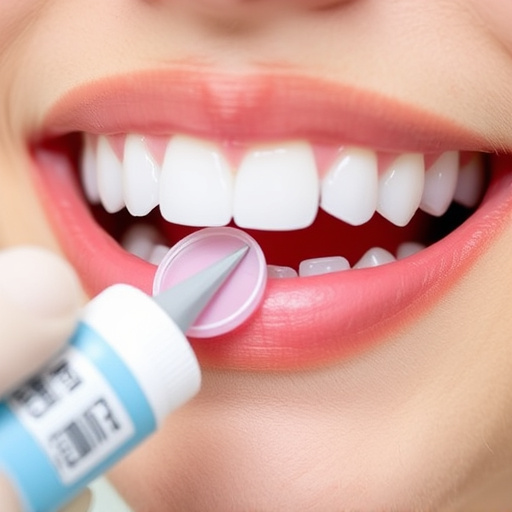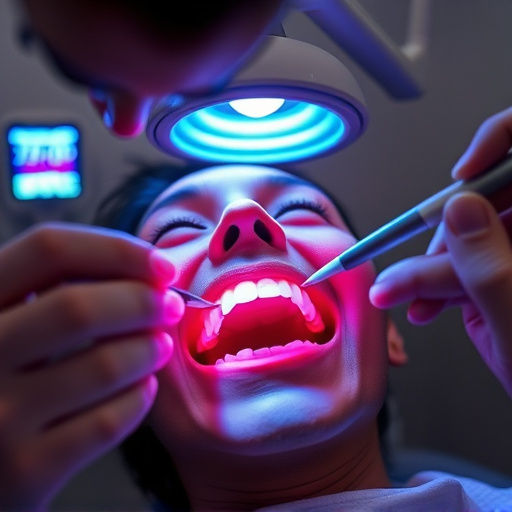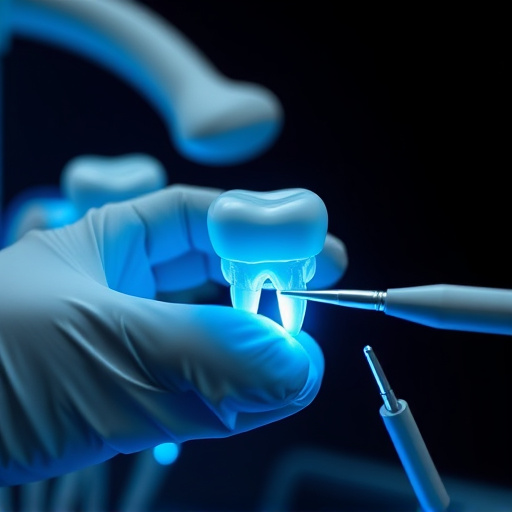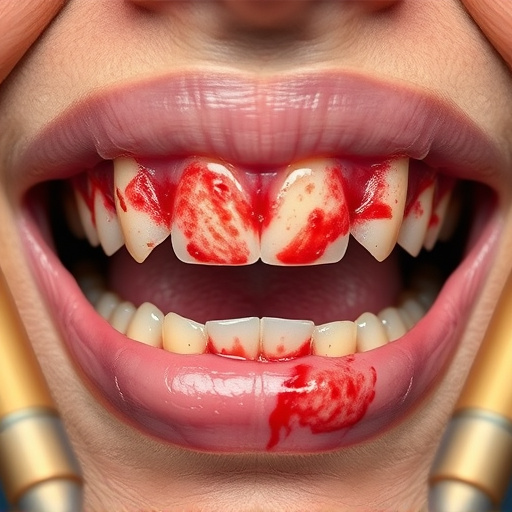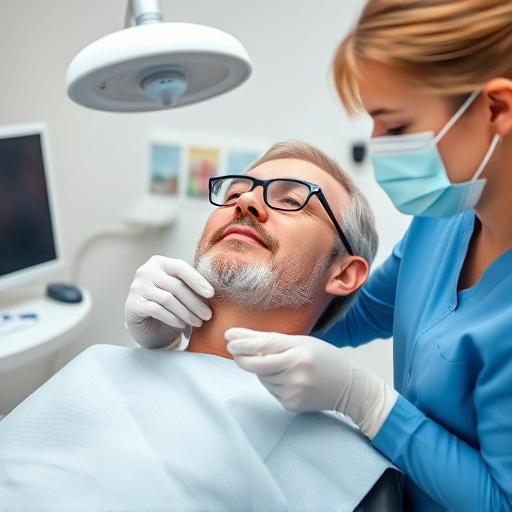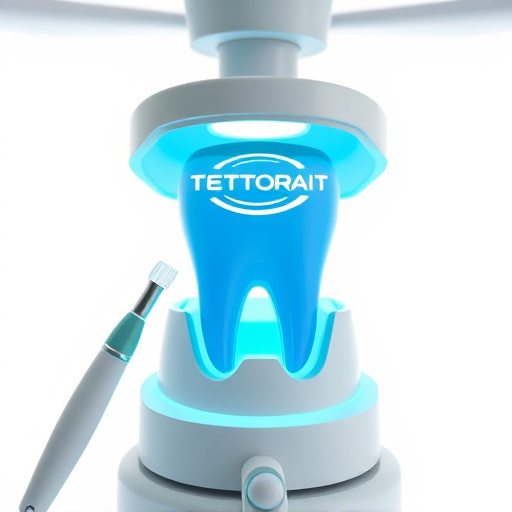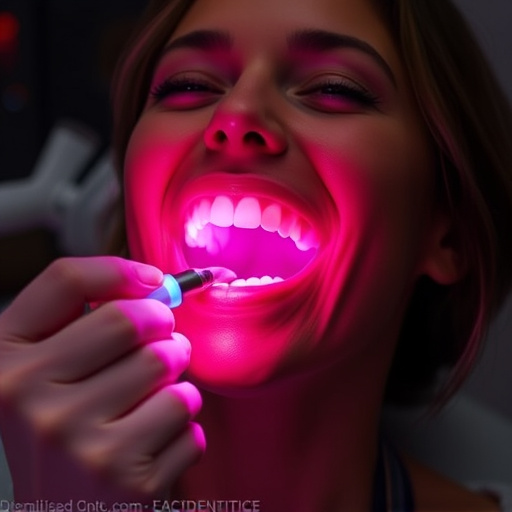After successful root canal treatment, proper post-care is crucial for recovery and preventing complications. Keep the area clean, use prescribed medications for pain and swelling, avoid strenuous activities, practice good oral hygiene, and attend regular dental check-ups. Follow-up treatments like placing a dental crown may be needed. Temporary discomfort is normal but persistent symptoms require immediate dentist contact, as they could indicate a failed treatment or new oral health issue needing prompt intervention.
After a successful root canal treatment, understanding the recovery process is crucial for a swift return to comfort. This article guides you through the post-treatment care necessary to ensure healing and alleviate pain. We’ll explore common side effects and when to recognize an emergency. By following these tips, you’ll know what to expect and be equipped to maintain optimal oral health post root canal treatment.
Post-Treatment Care and Comfort
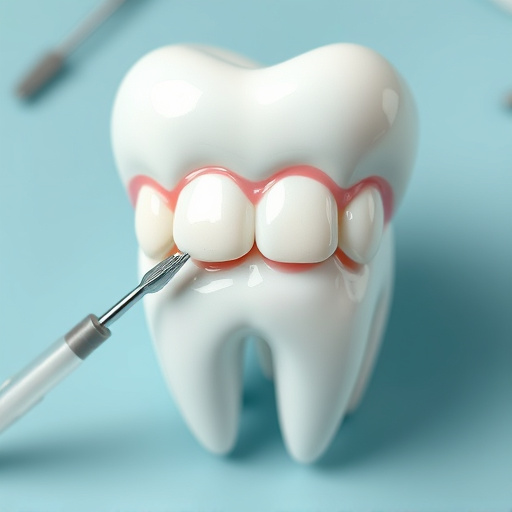
After successful root canal treatment, proper post-care is essential for a comfortable recovery and to prevent complications. Your dentist will provide specific instructions tailored to your needs, but generally, it involves keeping the treated area clean and relaxed. This may include using prescribed medications for pain and swelling, along with over-the-counter anti-inflammatory drugs. It’s crucial to avoid strenuous activities and heavy chewing on the affected side for a few days to ensure proper healing.
During this period, maintaining good oral hygiene is vital. Gentle brushing and flossing around the treated area are recommended, while avoiding excessive force or pressure. Regular dental check-ups, including routine oral exams and X-rays, will help monitor the healing process and ensure everything is on track. Additionally, some patients may require follow-up treatments like placing a dental crown to restore the tooth’s function and aesthetics after root canal therapy.
Common Recovery Side Effects
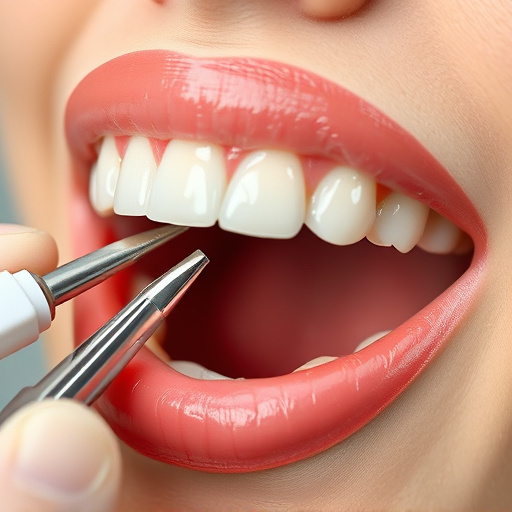
After root canal treatment, it’s common to experience some temporary side effects as your body heals. These can include mild pain, swelling, and bruising around the treated tooth area. It’s not uncommon for patients to feel a little unwell or experience headaches, particularly during the first 24 hours after the procedure. Resting, staying hydrated, and taking over-the-counter pain relievers can help alleviate these symptoms.
While most people recover fully from root canal treatment, it’s important to remember that healing times vary from person to person. Maintaining good oral hygiene through regular brushing, flossing, and routine oral exams is crucial for ensuring a full recovery. General dentistry practices recommend scheduling check-ups within a few weeks of the procedure to monitor the healing process and address any potential complications, such as persistent pain or infection. For those interested in enhancing their smile, cosmetic fillings can be discussed with your dentist during these visits, offering both functional and aesthetic benefits.
When to Seek Medical Attention
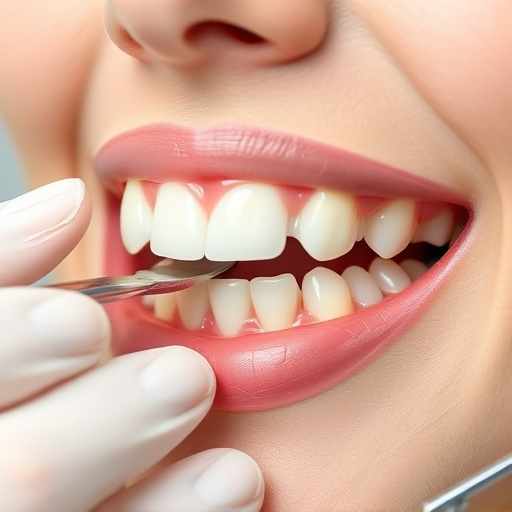
After successful root canal treatment, it’s common to experience some discomfort or mild pain for a few days. However, if symptoms persist or worsen beyond this initial period, it’s crucial to seek medical attention promptly. Pain, swelling, and sensitivity are typical signs that your mouth may be fighting an infection, which could lead to further complications if left untreated.
If you notice any persistent redness, warmth, or pus around the treated area; experience severe or increasing pain; or have difficulty chewing or swallowing, contact your dentist immediately. These symptoms might indicate a failed treatment or a new oral health issue that requires prompt intervention. In such cases, additional procedures like further dental fillings (including cosmetic ones), dental bonding, or other restorative treatments may be necessary to restore your mouth’s health and comfort.
After a successful root canal treatment, it’s normal to experience some minor discomfort or side effects. Following the aftercare advice from your dentist will help ensure a smoother recovery. Keeping the treated area clean and avoiding certain foods for a short time can reduce any post-treatment pain or swelling. While rare, knowing when to seek medical attention is crucial in case of unexpected complications. With proper care, you’ll be well on your way to healing and maintaining a healthy smile.







